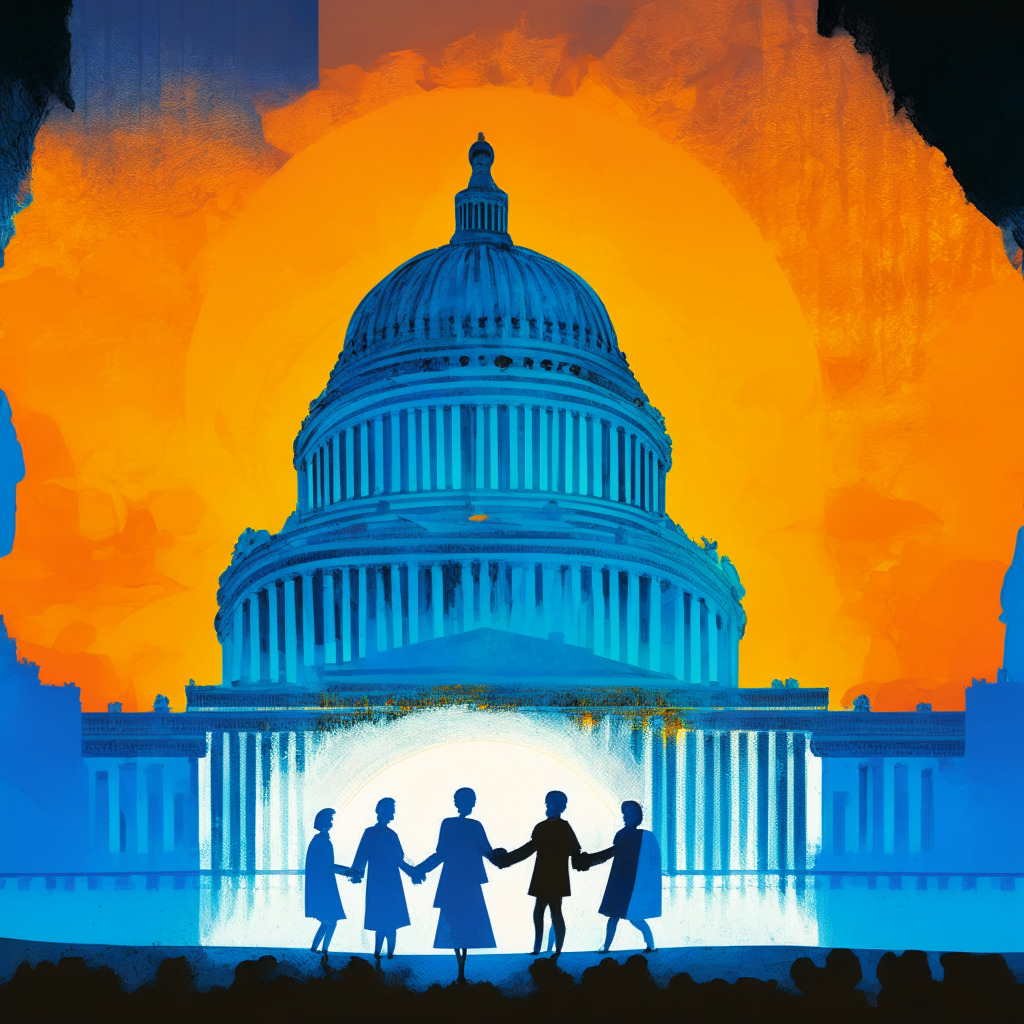In recent news, it’s confirmed that the Republicans and the Democrats seem to have found common ground regarding the proposed bill to regulate stablecoins. Key figures from the Financial Services Committee in the U.S. House of Representatives have indicated that the conservative party aims at a state-wise regulation of stablecoins while also flagging the need to avoid a “race to the bottom” for guardrails set for fiat-backed digital currencies.
This consensus came as a welcome surprise, as earlier the bipartisan support for the proposed legislation seemed wishful thinking. An interesting development is the U.S. representative for Arkansas of the Republican party, James French Hill, advocating for facilitating a state pathway for stablecoins regulations. His view is wonderfully encapsulated in his statement during the Atlantic Council’s online event wherein he stipulated that there should be no race to the bottom.
This proposed bill, in its current draft version tasks the US Federal Reserve with the authority to enforce or review stablecoins regulations. This echoes Federal Reserve Chairman Jerome Powell’s earlier mentioned wish to play a significant role in controlling payments tokens.
Rep. Jim Himes, a senior Democrat of the Financial Services Committee, mirrored Hill’s sentiments. He dismissed the state versus federal policy quandary around stablecoin regulations as a possible obstruction for the proposed bill from being greenlit as law. Their hope hinges on the possibility of stablecoins and crypto markets in the U.S having comprehensive regulatory frameworks by the end of July.
The House Financial Services Committee has tentatively slated a vote on stablecoin and crypto legislation for July 26. If approved, the legislation will then head towards the Senate for approval by the Democrats. Once this hurdle is cleared, the bill will require endorsement from the Biden administration to become law.
This proposed bill, if ratified, will grant the Commodity Futures Trading Commission (CFTC) more oversight over cryptocurrencies than the US Securities Exchange Commission (SEC). This shift is significant as it could bring about complete alterations in how the industry is currently regulated in the country.
In conclusion, while the bipartisan agreement augurs well for the future of cryptocurrency, the specifics of an oversight mechanism and the relativity of state vs federal regulations might still pose hitches in the road ahead.
Source: Cryptonews




